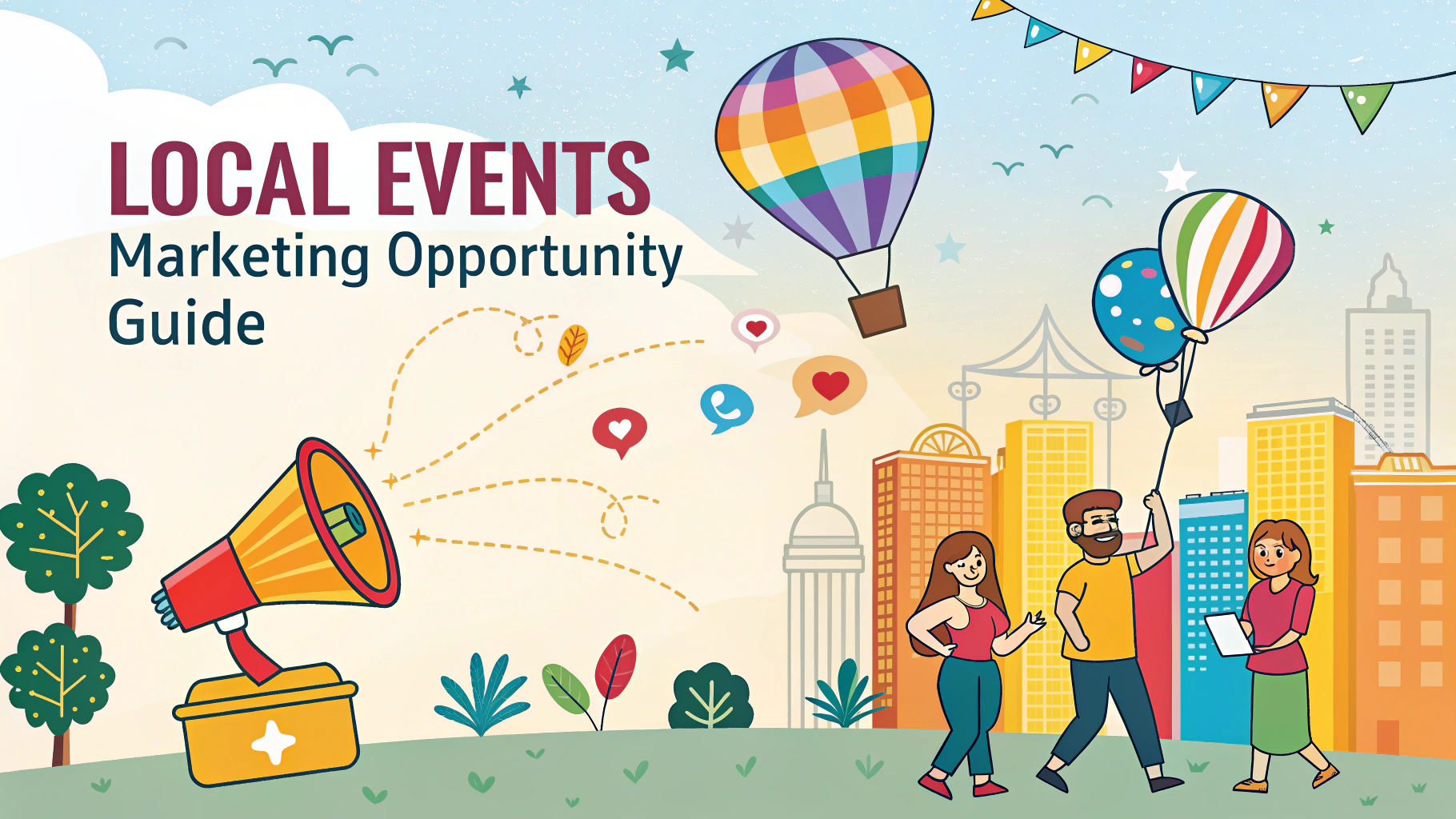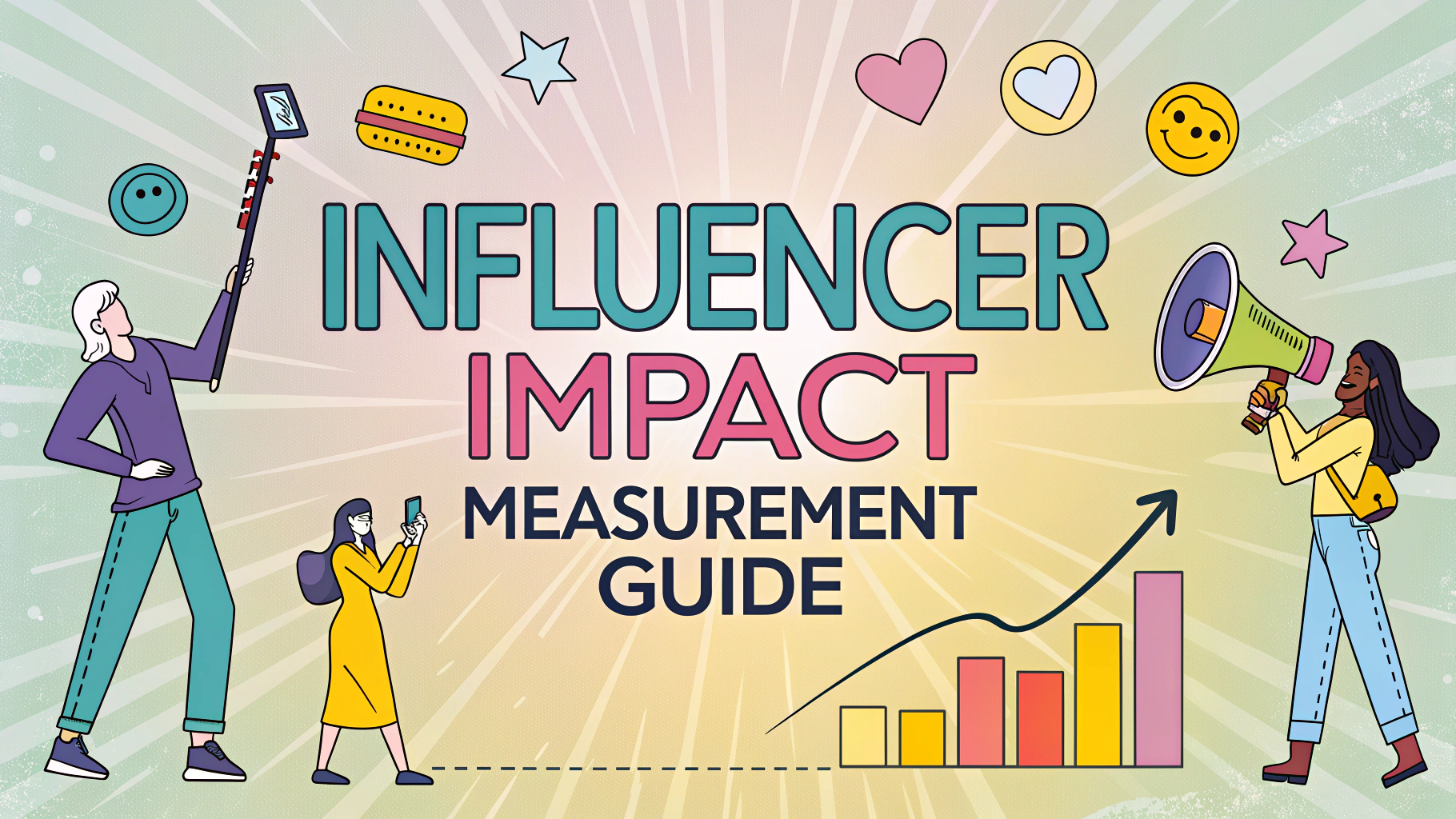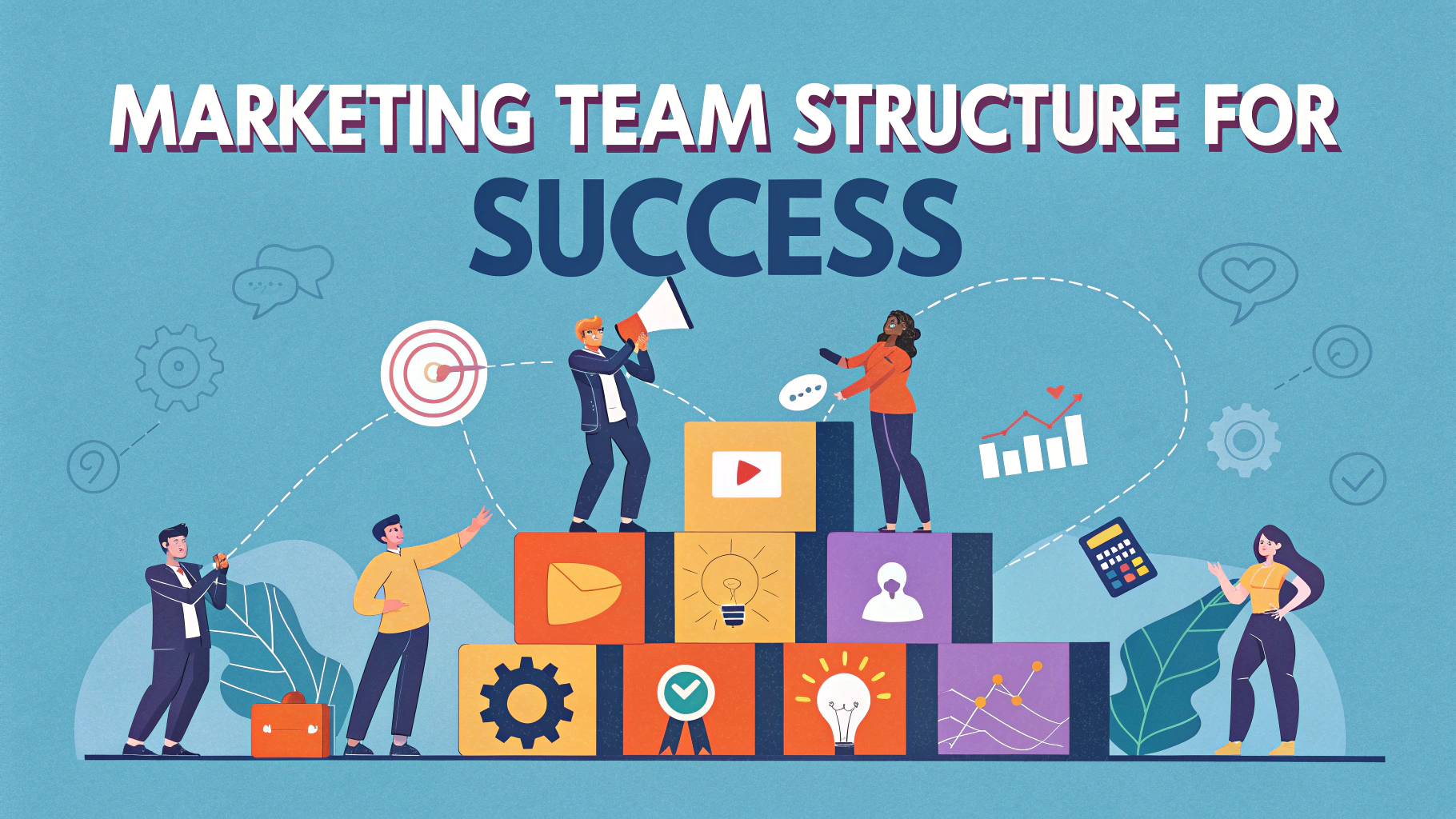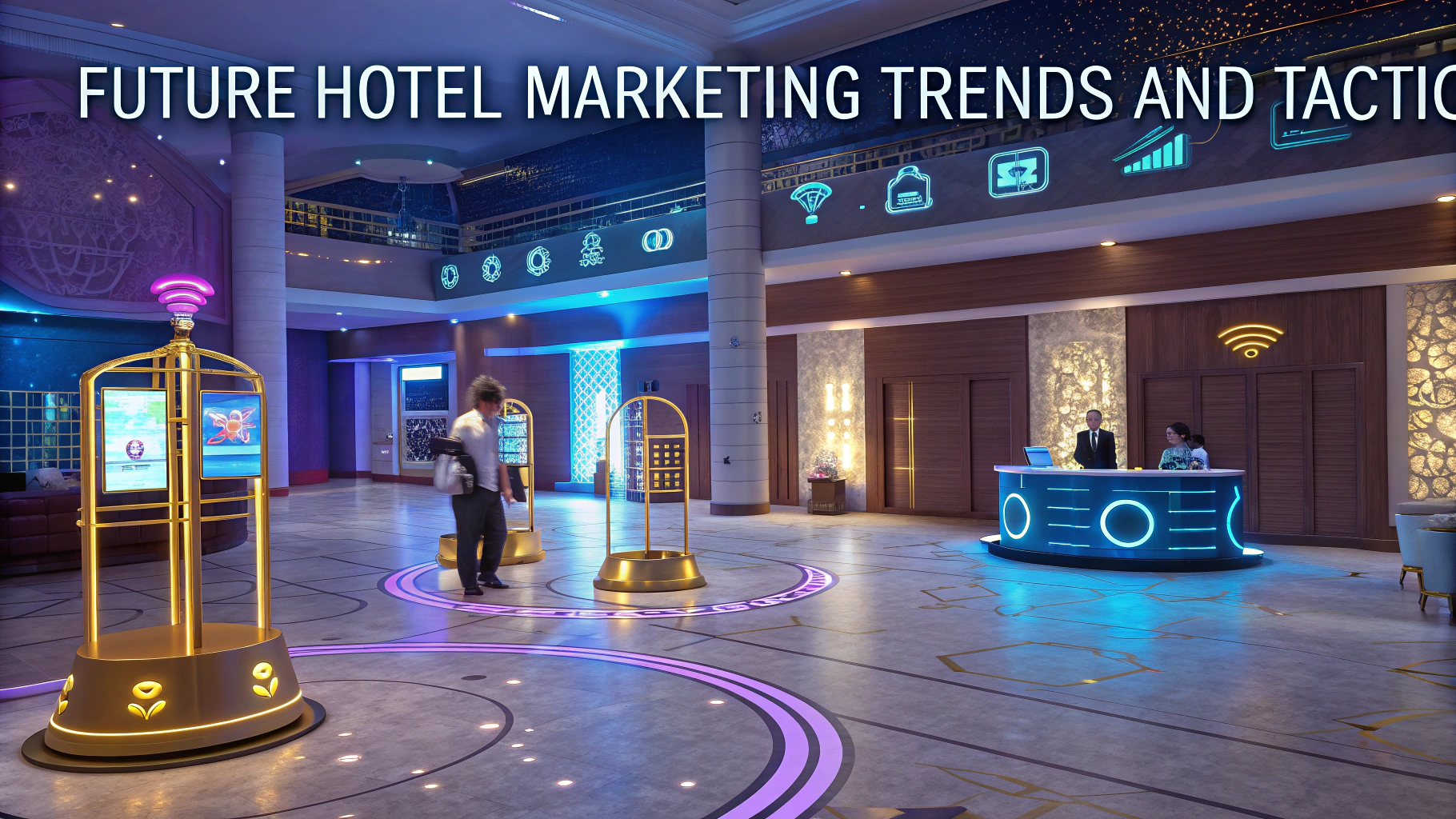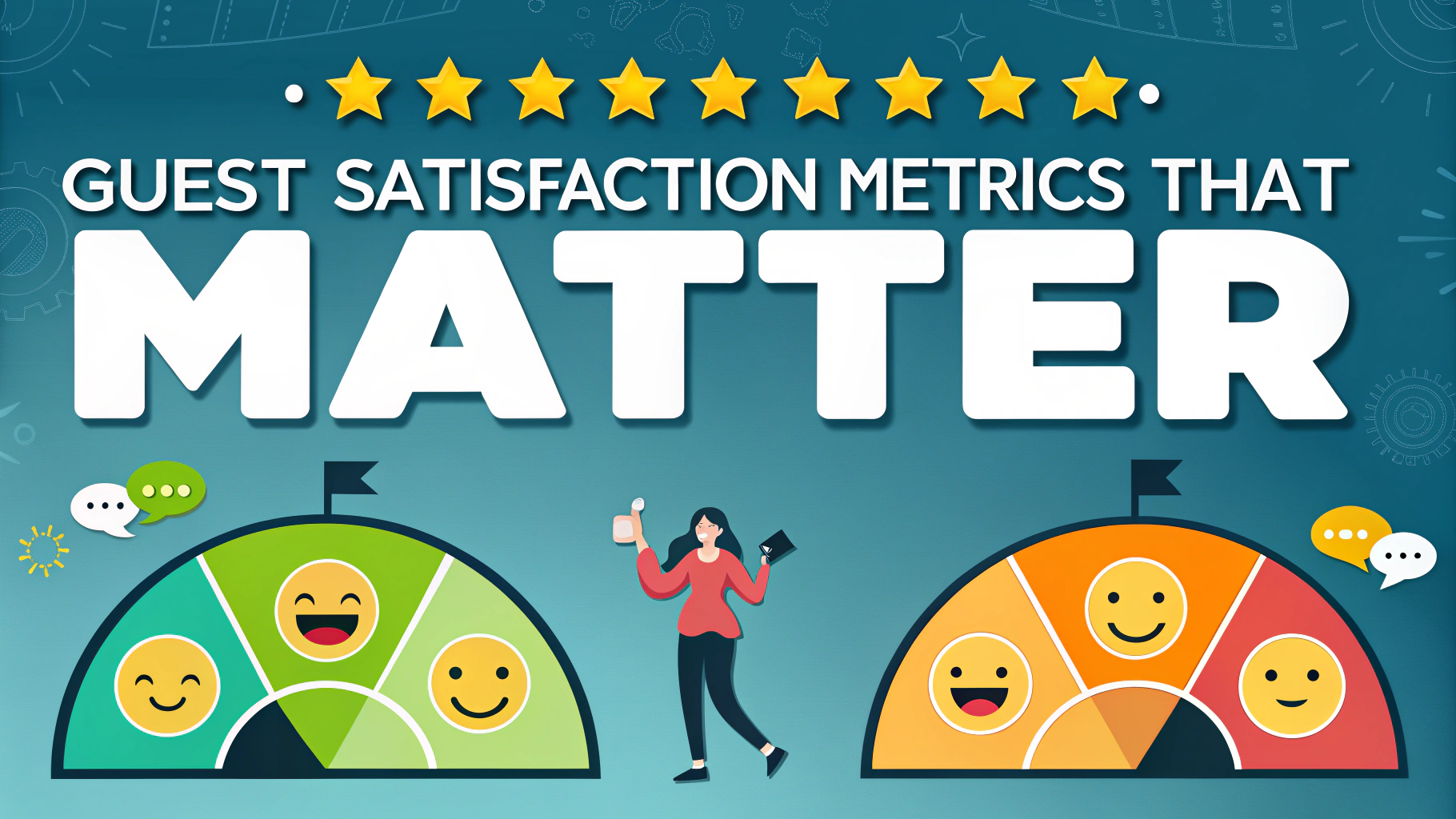A successful local events marketing strategy can transform a hotel’s revenue and community presence.
Events bring in not just immediate bookings but create lasting relationships with local businesses and residents.
This guide shows practical ways to leverage local events for increasing hotel occupancy and revenue.
Identifying Valuable Local Events
- Annual festivals and cultural celebrations
- Business conferences and trade shows
- Sporting events and tournaments
- Wedding seasons and peak dates
- University events (graduations, orientations)
Creating Event-Specific Packages
Design room packages that include event tickets, transportation, or VIP access.
Example package elements:
- Premium event parking passes
- Shuttle service to venue
- Welcome amenities themed to the event
- Late checkout options
- Breakfast included
Partnership Strategies
Build relationships with event organizers for mutual benefits:
- Negotiate room blocks at special rates
- Become an official event accommodation partner
- Cross-promote on respective websites and social media
- Offer venue space for smaller associated events
Digital Marketing Tactics
Optimize your online presence for event-related searches:
- Create dedicated landing pages for major events
- Use targeted social media ads in event locations
- Implement email campaigns to past guests about upcoming events
- Update local business listings with event information
Operational Preparation
| Timeline | Action Items |
|---|---|
| 6 months before | Contact event organizers, create packages |
| 3 months before | Start marketing campaigns, train staff |
| 1 month before | Confirm all arrangements, prepare welcome materials |
Measuring Success
Track these key performance indicators:
- Revenue per available room during event periods
- Booking pace compared to non-event periods
- Package conversion rates
- Guest satisfaction scores
- Return on marketing investment
Building Long-Term Value
Convert event guests into regular customers through:
- Loyalty program enrollment during check-in
- Post-stay engagement campaigns
- Special offers for future stays
- Personalized communication about upcoming events
Staff Training and Communication
Ensure all hotel staff are well-prepared to support event-related guests:
- Comprehensive briefings on event details and schedules
- Special service protocols for event attendees
- Emergency response procedures for large groups
- Communication systems between departments
Revenue Management Strategies
- Dynamic pricing based on event demand
- Minimum length of stay requirements
- Early booking incentives
- Cancellation policies specific to events
Local Community Integration
Strengthen community ties through event participation:
- Sponsor local events and festivals
- Host community meetings and gatherings
- Partner with local businesses for guest experiences
- Support charitable events and fundraisers
Risk Management
Event Contingency Planning
- Weather backup plans
- Overflow accommodation arrangements
- Transportation alternatives
- Security coordination with event organizers
Maximizing Future Event Success
Transform local events into sustainable revenue opportunities:
- Create an annual events calendar with marketing timelines
- Build a database of event organizer contacts
- Document successful strategies for each event type
- Develop year-round relationships with key partners
- Continuously refine packages based on guest feedback
FAQs
- What are the most effective marketing channels for promoting local hotel events?
Social media platforms, local event listing websites, email marketing to past guests, partnerships with local tourism boards, and targeted digital advertising in the geographical area. - How can hotels measure the ROI of their local event marketing efforts?
Track event attendance, measure direct bookings associated with event promotions, monitor social media engagement metrics, analyze website traffic during campaigns, and calculate revenue generated from event-related room bookings and ancillary services. - What types of local events typically generate the highest revenue for hotels?
Wedding receptions, corporate conferences, holiday celebrations, food and wine festivals, and cultural events that attract both locals and tourists. - How far in advance should hotels begin marketing their local events?
Large-scale events should be marketed 3-6 months in advance, while smaller events require 4-8 weeks of promotion. Holiday events should begin promotion at least 2-3 months prior. - What role does social proof play in hotel event marketing?
Reviews, testimonials, photos from past events, video content, and user-generated content significantly influence potential customers’ decisions and build credibility for future events. - How can hotels leverage partnerships for better event marketing results?
Collaborate with local businesses, partner with event planners, create co-marketing opportunities with complementary services, and work with local influencers and media outlets. - What are the essential elements of a successful hotel event marketing plan?
Clear target audience identification, comprehensive promotional calendar, multi-channel marketing approach, budget allocation, metrics tracking, and strategic pricing structure. - How important is mobile optimization for hotel event marketing?
Critical, as over 60% of travel-related searches occur on mobile devices. Event pages, booking systems, and promotional content must be mobile-responsive for maximum engagement. - What role does seasonality play in hotel event marketing strategies?
Seasonality affects event types, pricing strategies, marketing messaging, and promotional timing. Hotels should align their event marketing with peak and off-peak seasons to maximize occupancy. - How can hotels use email marketing effectively for event promotion?
Segment email lists based on past attendance and interests, personalize content, implement automated reminder sequences, and include clear calls-to-action with easy booking options.

